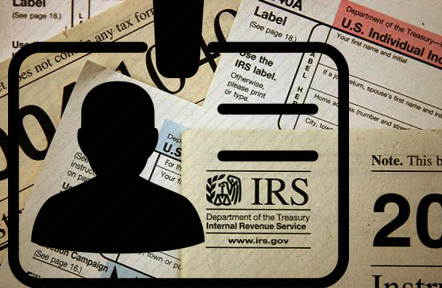RM Podcast: A New Dawn for Immigration Advocates with Stan Marek
 Stan Marek, CEO of the Houston-based MAREK and long-time sensible immigration policy advocate met with host Gregory Kallenberg on a recent episode of the Rational Middle podcast to discuss his hopes and recommendations for a future Biden Administration regarding immigration reform.
Stan Marek, CEO of the Houston-based MAREK and long-time sensible immigration policy advocate met with host Gregory Kallenberg on a recent episode of the Rational Middle podcast to discuss his hopes and recommendations for a future Biden Administration regarding immigration reform.
“We as a country have to be careful of the extremes, both the left extremes and the right extremes…The 80% in the middle have to pull together and work together, and hopefully Biden can do that,” said Marek.
He stressed the importance of policies that are common sense and bipartisan and said that a step-by-step approach was more likely to have legislative success than attempts at broad comprehensive immigration reform.
As a first step, Marek called on Biden and Congress to pass the DREAM Act, which would provide a pathway for DACA recipients to earn citizenship. He explained that by allowing roughly 700,000 unauthorized immigrants who met certain requirements to earn conditional legal status and work permits, DACA successfully brought them out of the shadow economy.
“It’s working beautifully, they’re all ID’ed, we know who they are, they are paying taxes, and they’re contributing to society,” he said.
Next, Marek called for a policy to ID and tax the remaining 11 million unauthorized immigrants who are living and working in the US.
“The easiest thing is just to extend DACA to the adults. You get a background check, you get a legal permit, you can’t vote, you can’t get food stamps, but you can work and get a driver's license,” he said.
“A lot of these people have been here for 30 years with no way to get legal,” he added.
Marek pointed out that by getting workers out of the underground economy and onto payrolls, an ID and Tax policy would have significant fiscal benefits.
“One million undocumented workers brought on the payroll contributes $4.75 billion per year to social security. Multiply that times 10 and it's $47 billion per year to social security. That’s some real money,” he said.
Highlighting the importance of and ID and Tax policy for the future of Texas, he also pointed out there are negative long term effects of the current situation in which 4.5 million kids in Texas are either undocumented or have at least one undocumented parent, and that those kids should be worried about what they are learning in class and not if their parents are going to get deported.
“That is a huge portion of our future workforce, and if those kids don’t learn and get the benefits that everybody else has, we’re just repeating the cycle of poverty,” he said.
For the third step, Marek called for improvements to the H1-B Visa system, lamenting at the irony of students graduating from top colleges in the US with PhDs being forced to leave the country because they can’t get visas.
After those three steps, Marek said the federal government should focus on improving immigration enforcement.
“After we ID and tax the 11 million, we can get all those who don’t qualify out of the country after 2-4 years,” he said, noting that an ID and Tax policy would help national security by identifying everyone who is here and benefit border security and immigration enforcement by allowing ICE and CPB to focus their resources on preventing new illegal immigration and deporting unauthorized immigrants who do qualify for ID and tax.
Marek concluded that Biden and Congress should wait to try for broader and more complicated comprehensive immigration reform after achieving those four steps.








